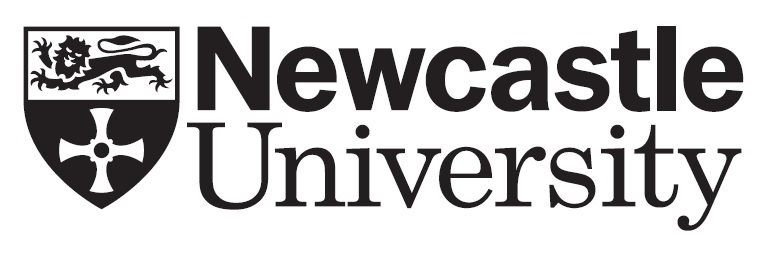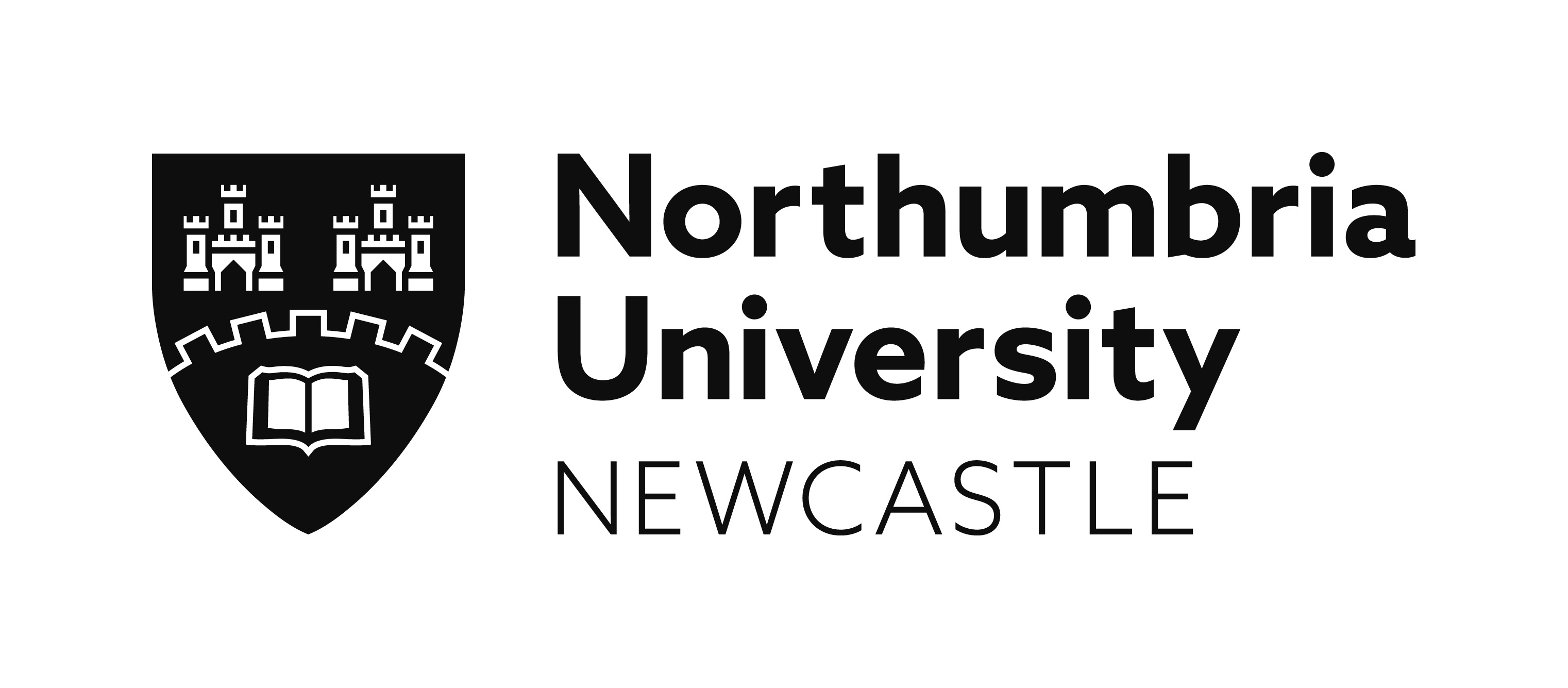Working Together to Expand the Pool of Art History Students
Hilary Robinson, Loughborough University
Joanna Woodall, The Courtauld Institute of Art
Please note this is a workshop-style session.
This workshop is sponsored by the Association for Art History’s Higher Education Committee (HEC), a UK-wide body that serves the dual function of advising the AAH on matters of concern within the HE sector and organising, within a broader network, advocacy efforts regarding such matters.
Recruitment to art history and visual culture degrees in the UK is under pressure. Colleagues often complain about competing with other universities for students from a limited pool of applicants. The Office for Students’ ‘equality, diversity and inclusion’ agenda, and our own ethics, challenge us to recruit a greater number of students who are more diverse in gender, class, ethnicity, age and dis/ability.
This workshop is for colleagues in the UK HE sector to share experiences, good and bad, relating to student recruitment at a time of crisis in HE. We shall think collectively about effective models and new initiatives, building on mutual strength and collaboration. There will be short, informative presentations, followed by a structured discussion amongst all who attend. The aim is to learn from each other and to formulate specific, collaborative plans to increase the numbers and diversity of students and to find ways to continue this work together in the future.
Catherine Hunt (University of Bristol)
Madeleine Newman (University of Leeds)
Amanda Mills (University of Arts London) and Astrid Korporaal (Kingston University)
Emma Barker and Veronica Davies (The Open University)
Janice Cheddie and Shaheen Merali (Independent Scholar and member of 1989 Collective)
Leah Clark and Amy Charlesworth (The Open University)
Abigail Harrison-Moore, Sarah Richardson and Madeleine Newman (University of Leeds)
Click here to download this workshop's abstracts or view below
Widening Participation Challenges and Opportunities in Bristol
Catherine Hunt (University of Bristol)
In 2015, I organised a competitive challenge on behalf of the University of Bristol involving four local state schools. I worked with undergraduate students to deliver four workshops to KS3 students in each school, and the school students then produced projects which were exhibited at the university. A similar event was organised two years later. Although hugely rewarding, these events became increasingly difficult to organise, because of school funding cuts and a shift away from arts subjects as a school priority. In response, we tailored our offering to bespoke workshops on themes relevant to GCSE and A-level Art students. Challenges with this work have included identifying and maintaining contacts in local schools and ensuring that we support busy teachers rather than adding to their workload. Since FE colleges have not been included in this work to date, our outreach may not be targeted at a representative section of KS5 provision.
Madeleine Newman (University of Leeds)
This presentation will consider the foundation year as an interdisciplinary pathway into art history and its related disciplines. It will explore a case study of the Arts and Humanities Foundation Year in the Lifelong Learning Centre at the University of Leeds. This course is Level 0 of an extended degree programme. It provides a pathway for standard age and mature students from widening participation backgrounds to progress into the Faculty of Arts, Humanities and Cultures. As initial cohorts have now graduated, it is timely to reflect on how Level 0 can widen access by considering the foundation-year student learning journey and our own as a course.
The foundation year is a multi-faceted model for engaging learners with art history. It provides scope to ignite excitement for studying visual arts and culture regardless of the specialist pathway a learner will go onto, whilst simultaneously facilitating a route into undergraduate study for students who aspire to read this subject at degree level. Integrated academic skills provision and an interdisciplinary approach are central to the Arts and Humanities Foundation Year curriculum. This presentation will reflect on how these strategies develop critical engagement with art as a foundation for lifelong learning and as a preparation for higher education. It will argue that the foundation-year pathway is an essential route for ensuring learners from diverse backgrounds can ‘get into’ art history and develop skills for success.
Amanda Mills (University of Arts London)
Astrid Korporaal (Kingston University)
Resisting the increasing emphasis on competition and individualism in academia, we propose to reflect on our experience of multiple, collaborative teaching initiatives over the past five years and possibly reframe notions of ‘inclusion’ and ‘diversity’. Rather than regarding students as resources, we question what changes when the educator and the institution are approached as markers of scarcity or generosity. We will discuss examples of programmes developed in partnership with public and community organisations and non-Western educational spaces, highlighting the importance of learning and research exchanges across contexts. Rather than appropriating ‘other’ knowledges into the formats of the Western academy, can we develop plural and parallel conversations? By widening the scope of art pedagogy’s engagement in the world, we enhance its relevance as a field of study. At the same time, we will discuss the real barriers in attempting to do the work of decolonising curriculum within the institution, with its long-structured privileges and intersectional oppressions.
Teaching Art History at the Open University: Perspectives and reflections
Emma Barker (The Open University)
Veronica Davies (The Open University)
This presentation seeks to draw wider lessons from two art historians’ combined experience of having worked at the Open University for many years. Emma Barker joined the OU as a central academic in 1995. She has worked on the production of many courses, including A226 Art and its Histories, AA319 Art of the Twentieth Century and A344 Art and its Global Histories. She also taught for many years at OU summer schools. Veronica Davies is a long-standing tutor on OU art history modules and has also taught Level 1 interdisciplinary courses. She has chaired the Arts and Languages Access (Level 0) module and developed teaching materials for Access and for the Art History MA.
The Open University’s teaching of art history differs in many ways from that of a conventional department. The curriculum consists of only a few modules, each of which covers a very broad subject area and is studied by hundreds of students at a time. Teaching takes place largely at a distance, by means of teaching materials in both printed and online form, though students do have opportunities to attend face-to-face teaching sessions. The student body is also far more diverse than is usually the case elsewhere. Despite – or perhaps because of – these differences, OU art history can offer lessons relevant to the sector more generally. We will consider such issues as curriculum design and pedagogic methods, as well as ways of encouraging students who might not have considered art history as an option to do so.
Janice Cheddie (Independent Scholar and member of 1989 Collective)
Shaheen Merali (Independent Scholar and member of 1989 Collective)
The presentation examines the ‘1989: This is Tomorrow: Decolonisation and De-canonisation’ conference. The conference sought to position decolonisation and de-canonisation, not as a rhetoric but actual intervention into contemporary debates of a de-colonised curriculum. The conference aims were:
- A re-conceptualisation of the concept of the idea of the year 1989 as an epistemological rupture with previous art historical theorisations, and a challenge to Eurocentric concepts of art production and exhibition-making.
- Widening the frame of the emergence of 1989 by bringing these three key events/exhibitions, not usually considered together, and offering a framework for further research. These exhibitions are linked by a wider historical theorisation, which resists the division of art historical moments into decades or breaks. The conference examined the wider historical theorisations that informed their emergence – the politics of Third World Solidarity and anti-colonial feminism, Third Cinema and wider post-colonial struggles, and how this informed the work of black (Black and Asian) British artists.
- Finally, it sought to develop an intergenerational dialogue between black and Asian artists, and how the challenges of the debates of the 1980s have informed contemporary debates, and whether the legacies have seen a containment of difference, rather than a re-positioning of Britain’s institutions as multicultural and inclusive, and their role in de-colonising the curriculum.
The conference sought to address the need to develop a more inclusive concept of 1989 and its challenge to Britain’s institutions and art history’s curriculum, and its role in attracting and retaining a diverse student body.
Leah Clark (The Open University)
Amy Charlesworth (The Open University)
How do we make art history more accessible? How do we widen participation in a discipline that is often seen as elitist and Eurocentric? These were some of the problems we were grappling with when we decided to found ‘Open Arts Objects’, an open access platform that now has over 50 films and worksheets that support the teaching of art history in schools and beyond. But is open access enough? In our talk, we will address some of the challenges and opportunities we have faced and still face in widening participation. Particular attention will be paid to the role of art and design teaching in secondary education as a way to unpack how certain students come to be introduced to the discipline of art history and how they might access it at HE level. Central to these concerns are also questions around the relationship between decolonising the curriculum, democratising the discipline and globalising art history. Our paper will aim to situate the case study, Open Arts Objects, within the longer history the Open University has for teaching art history to a wider pool of people through such pedagogic devices such as summer schools.
Leah R. Clark currently teaches at the Open University, UK in the department of art history. She is Project Lead of Open Arts Objects. Amy Charlesworth is lecturer in art history at the Open University and was part of the Open Arts Objects project since its inception in 2015 until 2018. Open Arts Objects was shortlisted for a Times Higher Education Award in 2019.
Abigail Harrison-Moore (University of Leeds)
Sarah Richardson (University of Leeds)
Madeleine Newman (University of Leeds)
Ofsted’s most recent ‘Inspection Framework’ provides the direction that school leaders ‘construct a curriculum that is ambitious and designed to give all learners…the knowledge and cultural capital they need to succeed in life’. It forefronts Bourdieu’s theory, aimed at offering an explanation of the persistent inequalities in education, despite state efforts. This would therefore suggest that it opens a door for us to use in the fight for the importance of arts education. But ‘cultural capital’ is a tricky, highly critical and contested concept, so what does this mean for art history and higher education?
The University of Leeds has developed a rich programme of widening participation activity which aims to increase awareness of, and aspiration to, art history in HE; Discovery Days and Discover ARTiculation Challenge (a national project to engage young people in looking, thinking and speaking about art), National Art and Design Saturday Club (a sustained engagement project providing a range of arts and cultural experiences for 13–16 year olds across the academic year), and Plan, Prepare, Provide (a residential empowering art teachers to embed art history in their classrooms) all seek to provide opportunities to increase young peoples’ aspiration and attainment.
We will explore our interventions that raise awareness of art history. Drawing on theory, policy and practice, we will discuss challenges and potential solutions to ‘expanding the pool’, with an ambition to question the concept of ‘cultural capital’ while critically exploring our work with teachers and pupils to increase aspiration and access to art history.
|
|
|
|
|
|
Supported by
Conference Sponsors
![]()
Sponsored by
ASSOCIATION FOR ART HISTORY
![]()
Terms & Conditions
![]()


